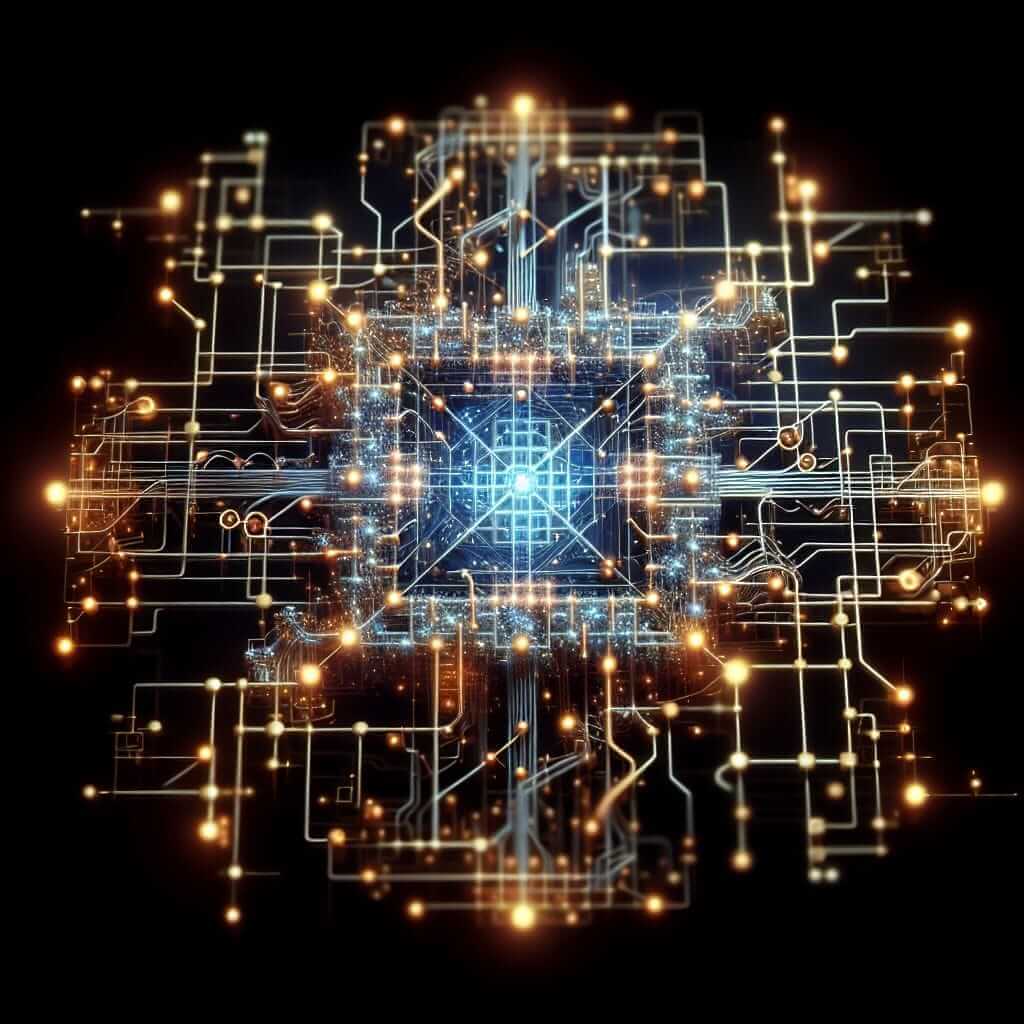The Reading section of the IELTS (International English Language Testing System) exam is designed to evaluate a candidate’s ability to understand and analyze written texts. This section includes a variety of question types such as multiple choice, identifying information, matching headings, and more.
The topic of “What are the implications of quantum computing on cybersecurity?” has gained popularity due to recent advances in technology and the increasing importance of cybersecurity. Given its relevance, it’s plausible that such a topic may appear in future IELTS exams, offering test-takers both an interesting and challenging opportunity.
In this article, you’ll find a comprehensive reading passage on quantum computing and its implications for cybersecurity, along with practice questions and answers. This not only aids in exam preparation but also enriches your understanding of a cutting-edge technological issue.
The Reading Passage
The Rise of Quantum Computing and Its Impact on Cybersecurity
Quantum computing is an emerging field that has the potential to revolutionize various industries, including cybersecurity. Unlike classical computing, which relies on bits to process information, quantum computing uses qubits. Qubits can exist in multiple states simultaneously, thanks to the principles of superposition and entanglement. This capability enables quantum computers to perform complex calculations at unprecedented speeds.

One of the most significant implications of quantum computing is its potential to break current cryptographic algorithms. Modern encryption methods, such as RSA and ECC, depend on the difficulty of factoring large numbers or solving discrete logarithms. Quantum computers, with their superior computational power, could theoretically solve these problems in a fraction of the time it would take classical computers.
This raises concerns for cybersecurity, as encrypted data that is considered secure today may become vulnerable in the near future. Sensitive information, ranging from financial transactions to personal data, could be at risk. Therefore, researchers and cybersecurity experts are exploring quantum-resistant algorithms, which could offer protection against the capabilities of quantum computers.
Another area where quantum computing could impact cybersecurity is in the detection and prevention of cyber threats. The enhanced processing power of quantum computers could enable more sophisticated algorithms for identifying malicious activities and predicting potential cyber-attacks. However, the technology is still in its nascent stages, and there are significant challenges to be addressed before it becomes widely adopted.
In conclusion, while quantum computing holds immense promise for technological advancements, it also poses considerable risks to cybersecurity. Ongoing research and development in quantum-resistant cryptography and threat detection are crucial to mitigating these risks and ensuring a secure future in the digital age.
Practice Questions
Multiple Choice
-
What is one of the primary concerns regarding quantum computing and cybersecurity?
a) It will make classical computers obsolete.
b) It could break current cryptographic algorithms.
c) It will slow down data processing.
d) It will require more energy. -
How do quantum computers differ from classical computers?
a) They use bits to process information.
b) They rely on electrical signals.
c) They use qubits and principles of superposition and entanglement.
d) They are less efficient in computations.
True/False/Not Given
- Quantum computing is currently capable of solving all cryptographic problems. (False)
- Quantum computing is expected to improve cyber threat detection. (True)
- All existing encryption methods are quantum-resistant. (Not Given)
Matching Information
- Match the following descriptions to their corresponding terms:
a) RSA – Relates to the difficulty of factoring large numbers
b) Qubits – Can exist in multiple states simultaneously
c) Superposition – A principle enabling qubits to be in multiple states
Sentence Completion
- Researchers are exploring __ to protect data against quantum computers.
- quantum-resistant algorithms
Answers
- b) It could break current cryptographic algorithms.
- c) They use qubits and principles of superposition and entanglement.
- False
- True
- Not Given
- a) RSA – Relates to the difficulty of factoring large numbers
b) Qubits – Can exist in multiple states simultaneously
c) Superposition – A principle enabling qubits to be in multiple states - quantum-resistant algorithms
Common Mistakes
- Misunderstanding the basic principles of quantum computing.
- Confusing current cryptographic methods with quantum-resistant algorithms.
- Underestimating the timeline and current capabilities of quantum computing.
Vocabulary
- Qubit /’kjuːˌbɪt/ (noun): A quantum bit; the basic unit of quantum information.
- Superposition /ˌsuːpərpəˈzɪʃən/ (noun): The ability of a quantum system to be in multiple states at the same time.
- Entanglement /ɪnˈtæŋɡəlmənt/ (noun): A phenomenon where quantum particles remain interconnected and instantly affect each other.
Grammar
Conditional Sentences:
- Type 1 (Real condition): If quantum computers become more powerful, current cryptographic methods will be at risk.
- Type 2 (Unreal condition): If quantum computers were currently more advanced, they could break modern encryption easily.
Advice for High Reading Scores
- Practice Regularly: Regular reading practice will help improve your comprehension skills.
- Time Management: Practice answering questions within the given time limits.
- Understand the Questions: Carefully read each question to understand what is being asked.
- Improve Vocabulary: A broad vocabulary will make it easier to understand complex texts.
- Seek Feedback: Review your answers and seek feedback to understand your mistakes.